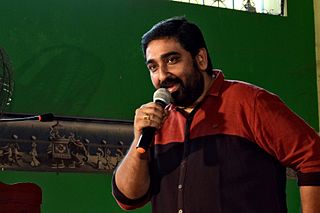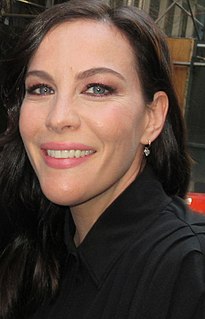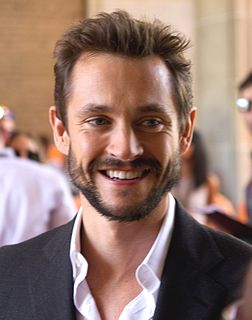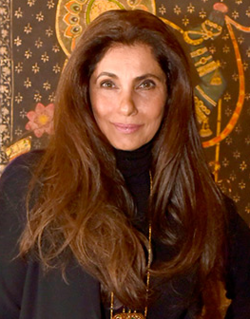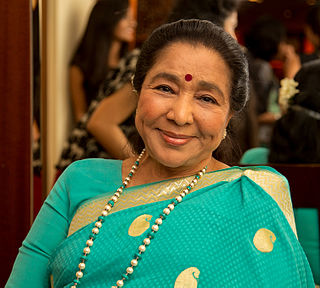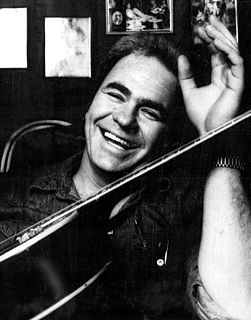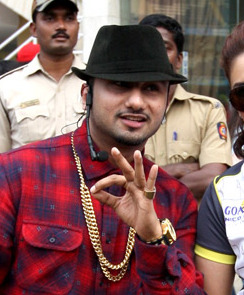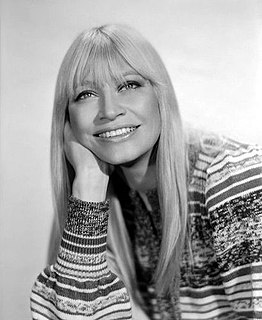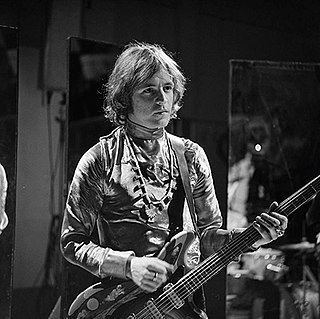A Quote by M. Jayachandran
'Kilikal Parannatho' sung by Rajesh Krishnan, who sung 'Julie I Love You' in 'Chattakari,' is a personal favourite of mine.
Related Quotes
When she awoke there was a melody in her head she could not identify or recall ever hearing before. 'Perhaps I made it up,' she thought. Then it came to her - the name of the song and all its lyrics just as she had heard it many times before. She sat on the edge of the bed thinking, 'There aren't any more new songs and I have sung all the ones there are. I have sung them all. I have sung all the songs there are.
Singing 'Blowin' in the Wind' all the places we've been, it takes on a different meaning everywhere. When you sing the line, 'How many years can a people exist, before they're allowed to be free?' in a prison yard for political prisoners in El Salvador; if you have sung it to a group of union organizers, who have all been in jail, in South Korea; if you've sung to Jews in the Soviet Union who have been refused exit visas; if you've sung it with Bishop Tutu protesting apartheid, the song breathes, it lives, it has a contemporary currency.
